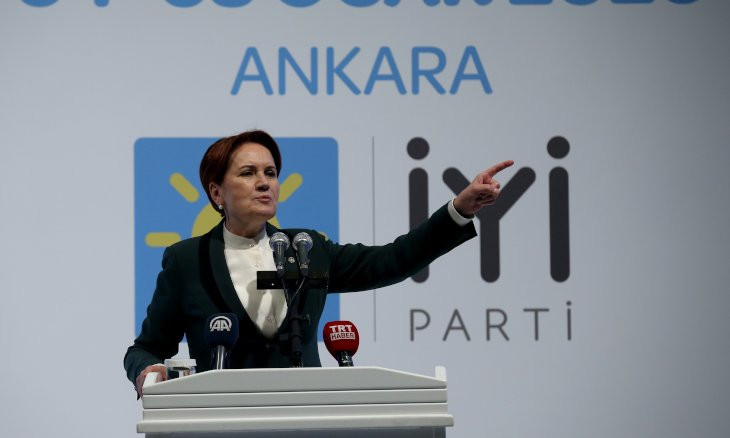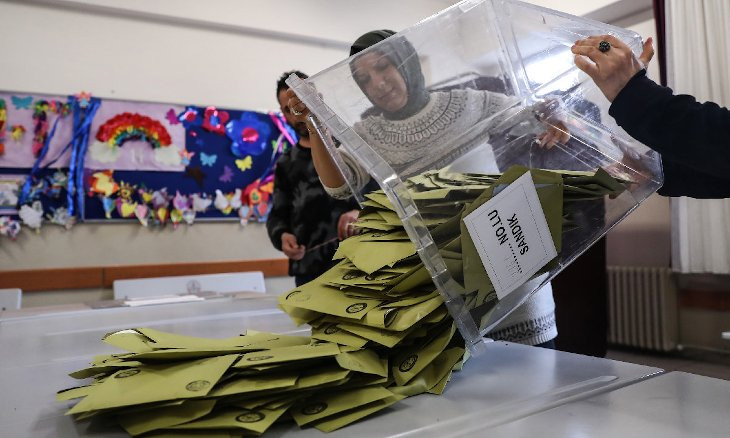60 pct of voters think AKP gov't, presidential system unsuccessful
Some 59.2 percent of respondents said that the ruling AKP government was unsuccessful, a recent poll by the Sociopolitical Field Research Center revealed. Another 58.3 percent said that they believed the presidential system was also a failure.
Duvar English
Almost 60 percent of voters in Turkey think that the ruling Justice and Development Party (AKP) government is unsuccessful, while the same portion of voters think that the presidential system is also a failure, a poll by the Sociopolitical Field Research Center revealed.
Some 59.2 percent of respondents said that the current government was performing unsuccessfully in governing the country, while only 20.7 percent responded in favor of the government.
Meanwhile, 58.3 percent of respondents said that they found the presidential system to be unsuccessful, with only 20.2 percent saying that the alternative to a parliamentary system had been a success.
Some 16.1 percent of respondents said in another question that they believed the presidential system to be the country's biggest problem, while 47.9 percent said that the economy and unemployment were Turkey's biggest issues.
Some 10.9 percent of respondents said that the state of the judicial system was the country's biggest problem, 8.9 percent pointed to the lack of democracy and 7.2 noted the Kurdish issue.
More than half of the respondents said that early elections were necessary "considering the current conditions" of the country, with 61.4 percent voting in favor, 22.4 percent voting against and 16.2 percent saying they were undecided.
Some 49.7 percent of respondents said that they didn't think President Recep Tayyip Erdoğan could win a round of presidential elections, while only 24.9 said he could remain in his seat, and 25.4 percent said that they were undecided.
Perhaps the highest percentage in the poll, a shocking 87.1 percent of respondents said that they were aware of claims about the deep state made by mafia leader Sedat Peker, while only 12.9 percent said they were not aware of Peker's statements.

 Meral Akşener confident İYİ Party will have at least 18 percent support among votersPolitics
Meral Akşener confident İYİ Party will have at least 18 percent support among votersPolitics Only three parties above 10 percent electoral threshold, poll showsHuman Rights
Only three parties above 10 percent electoral threshold, poll showsHuman Rights